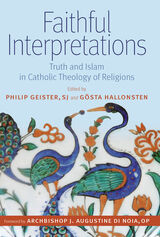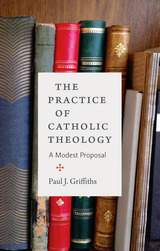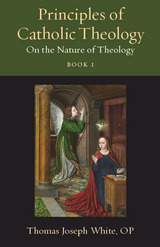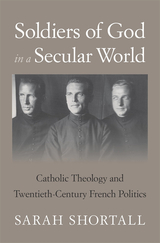





Winner of a Catholic Media Association Book Award
A revelatory account of the nouvelle théologie, a clerical movement that revitalized the Catholic Church’s role in twentieth-century French political life.
Secularism has been a cornerstone of French political culture since 1905, when the republic formalized the separation of church and state. At times the barrier of secularism has seemed impenetrable, stifling religious actors wishing to take part in political life. Yet in other instances, secularism has actually nurtured movements of the faithful. Soldiers of God in a Secular World explores one such case, that of the nouvelle théologie, or new theology. Developed in the interwar years by Jesuits and Dominicans, the nouvelle théologie reimagined the Church’s relationship to public life, encouraging political activism, engaging with secular philosophy, and inspiring doctrinal changes adopted by the Second Vatican Council in the 1960s.
Nouveaux théologiens charted a path between the old alliance of throne and altar and secularism’s demand for the privatization of religion. Envisioning a Church in but not of the public sphere, Catholic thinkers drew on theological principles to intervene in political questions while claiming to remain at arm’s length from politics proper. Sarah Shortall argues that this “counter-politics” was central to the mission of the nouveaux théologiens: by recoding political statements in the ostensibly apolitical language of doctrine, priests were able to enter into debates over fascism and communism, democracy and human rights, colonialism and nuclear war. This approach found its highest expression during the Second World War, when the nouveaux théologiens led the spiritual resistance against Nazism. Claiming a powerful public voice, they collectively forged a new role for the Church amid the momentous political shifts of the twentieth century.
READERS
Browse our collection.
PUBLISHERS
See BiblioVault's publisher services.
STUDENT SERVICES
Files for college accessibility offices.
UChicago Accessibility Resources
home | accessibility | search | about | contact us
BiblioVault ® 2001 - 2024
The University of Chicago Press









